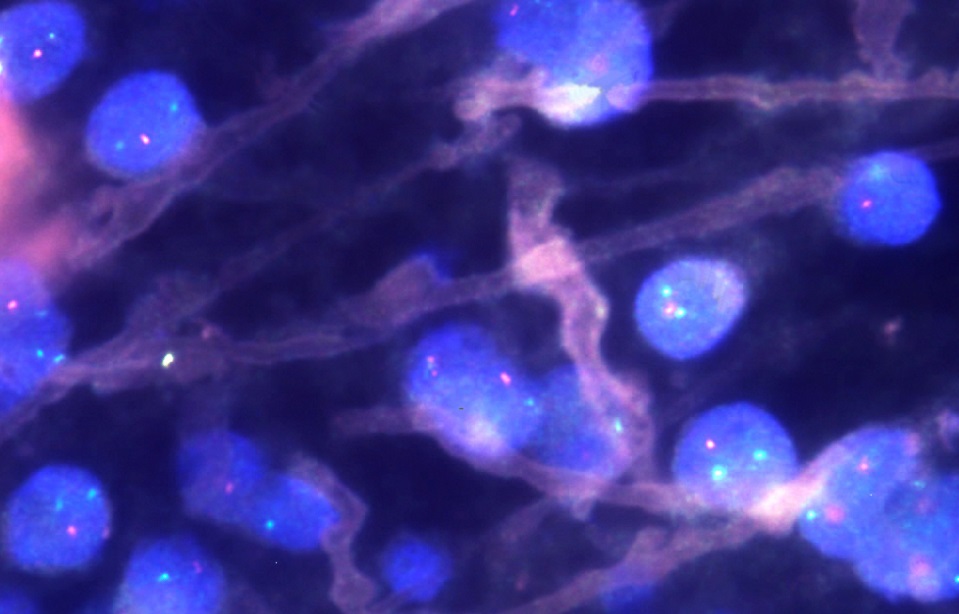
Brain UK study ref: 15/017,
Lay summary,
Project status: Closed
PPAR expression in glioblastoma as a putative prognostic biomarker
Dr Harry Haynes and Dr Kathreena Kurian, University of Bristol
Primary glioblastoma occur in 4/100,000 per year and have a 5% five year overall survival. There is an urgent need for improved personalised drugs. A recent study revealed that patients treated with PPAR agonists (drugs used in type 2 diabetes) had a lower incidence of glioblastoma. Such drugs have been shown to inhibit the growth and spread of glioblastoma cells in the laboratory.
We aim to investigate the PPAR family of molecules as biomarkers – genetic changes in the tissue – that can provide us with more detailed information from each patient’s biopsy or surgery. This may allow us to determine which patients can receive differing therapies based on the molecular characteristics of their tumours.
Our early work has shown that the PPAR family of molecules are overexpressed in glioblastoma surgical samples compared to healthy brain tissue. This overexpression may be related to patient survival.
In order to investigate further whether this finding is true of all patients, we need to establish whether it remains true when we look at other clinical factors. These include age, how healthy patients are when diagnosed and what surgery and treatment they have received. These details will be obtained from the NHS records and stored anonymously.
